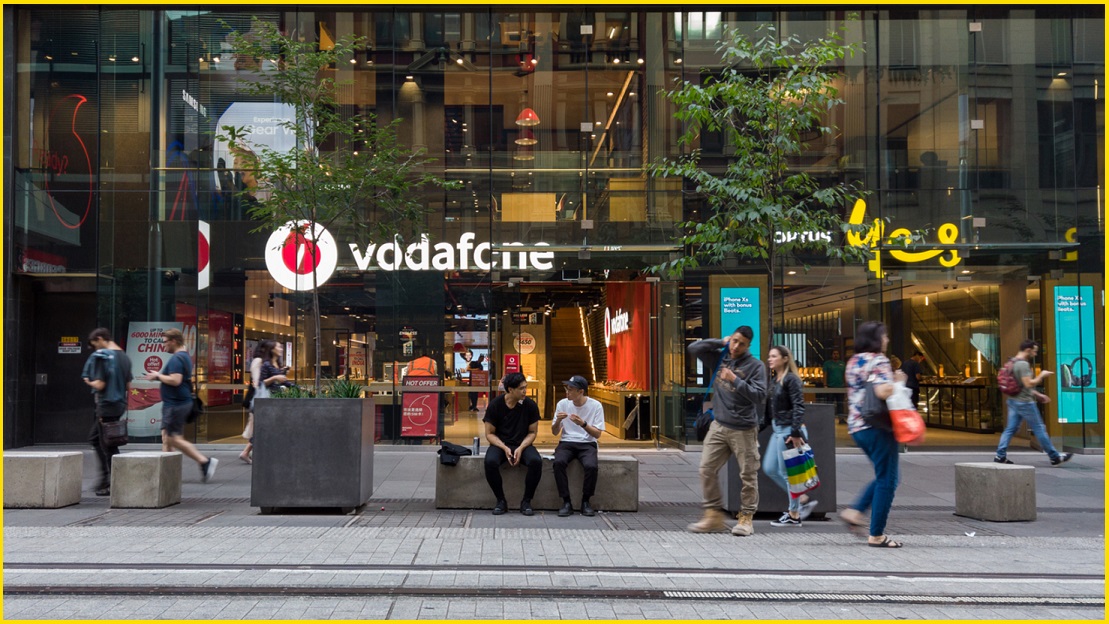The impact of the COVID-19 pandemic is forcing Australia’s pro-competition regulators to relax normal industry controls on industries like telecommunications – allowing normally-prohibited collusion between competitors – to deal with “unforeseen and unprecedented demands on telecommunications networks.”
In the latest of industry several measures authorising extraordinary collaboration between commercial rivals, the Australian Competition & Consumer Commission (ACCC) allowed NBN Co and five retail service providers – Telstra, Optus, Vodafone Hutchison, TPG and Vocus – to work together to ensure services at a time where surging home working, home schooling and video streaming are placing unprecedented pressure on national broadband infrastructure.
The approval comes as a coalition of consumer-advocacy groups intensifies calls for government subsidies to improve affordability of broadband that, in the context of the pandemic, has become more necessary than ever.
At the request of Minister for Communications, Cyber Safety and the Arts, Paul Fletcher, the participating telcos had petitioned the ACCC to allow them to explore “economic stress alleviation measures” and “capacity optimisation strategies” that would, the ACCC said, allow them to “quickly take steps to address issues caused by shifts in network user needs and demand”.
Providers requested the right to work together on measures including facilitating the supply of voice or data services; prioritising access to “certain groups” such as health and educational institutions, the elderly or vulnerable or people in remote and rural areas; and sharing, managing and replacing information and resources around telecommunications availability.
They will also work together to improve network resiliency, demand and congestion management strategies; restrict the supply of certain hardware or services to particular customers; share “generic” customer and usage information, future demand forecasts, and logistics information.
The ACCC will sit on an industry working group around issues such as technological coordination and consumer financial support – and, chair Rod Sims said, “stands ready to assist telecommunications providers with approval of any coordinated measures that are urgent and necessary during this crisis.”
Enabling cartels for good – but not for good
Preventing cartel-like behaviour – in which rivals collude to fix prices, or to restrict or co-ordinate the supply of services – is normally among the ACCC’s core obligations.
It was just weeks ago that Sims told a Committee for Economic Development Australia audience that “cartel behaviour, anticompetitive mergers or conduct, and misleading and deceptive conduct do great harm to consumers and the economy.”
In a 25 February speech spelling out the agency’s plans for 2020, Sims shared an enforcement agenda that would build upon recent moves such as the establishment of a Digital Platforms Branch to manage action against the likes of Facebook, Google, and customer loyalty schemes’ “vague” disclosures around data use.
“We have advanced investigations involving digital platforms allegedly misleading consumers about the collection and the use of their personal data, and we have important competition matters before us,” Sims said at the time, calling the agency “a strong enforcer”.
Yet in a matter of weeks, the escalating COVID-19 pandemic has turned the world on its head – and changed competition regulation for many months to come.
The ACCC is “highly conscious” of COVID-19’s impact “and has adjusted the focus of its regulatory activities accordingly”, the agency said in a statement at the end of March in which it acknowledged that “most businesses are facing severe disruption, particularly small businesses, and the future is uncertain for many.”
Authorities had formed a COVID-19 task force and “will factor these circumstances into its consideration of competition matters in the short term to assist businesses to remain viable in the long term.”
A string of measures has already unified companies that would normally compete to provide better products at lower prices.
A flurry of ACCC determinations have granted special authorisations to key players in the medicine wholesale, banking, supermarket, energy supply, pharmaceutical services, and other industries.
One recent decision, for example, allows suppliers and distributors of medical equipment to work together to co-ordinate orders and supply requests, prioritise requests, and jointly tender for the supply of medical equipment required for treating managing COVID-19 patients.
Another authorisation – passed just a month after the ACCC flagged a seemingly-healthy industry as airports reported record profits – allows regional airline Regional Express (Rex) to co-operate with QantasLink and Virgin to ensure continuity of service by sharing revenue and co-ordinate flight schedules to ten regional centres.
Such co-ordination would normally construe prohibited cartel behaviour but the ACCC “recognise this is an urgent request”, Sims said.
Other recent ACCC campaigns may prove prescient, with the organisation in February flagging a crackdown on predatory pricing in the funeral industry and highlighting its “considerable, recent enforcement action in relation to electricity and telecommunications”.
That the ACCC would now be temporarily allowing explicitly anti-competitive activity shows just how far the coronavirus pandemic has pushed it away from normal operations – and how much work it will have to do to rebalance the competitive landscape months from now.
“In normal times, without a common enemy, co-ordination leads to complacency, inefficiency and higher prices,” Sims said during a recent AFR webcast on the COVID-19 crisis.
“At a time of crisis such as in war or with a pandemic, where there is a common enemy to fight for the nation’s survival, and so a sense of national purpose, co-ordination is both efficient and carries little or no downside.
“If ever there was a time to expedite digital innovation, this is it.”










